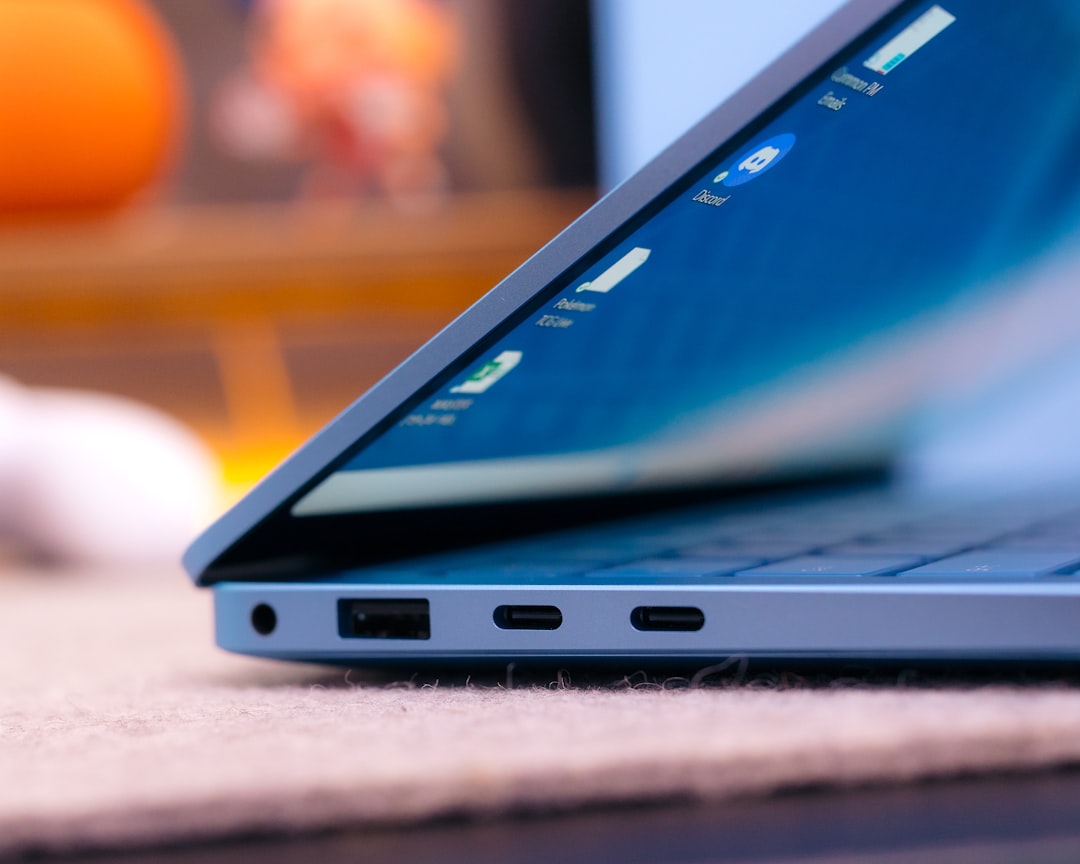“`html
Samsung Enters the Foldable Laptop Arena: A Game Changer?
Samsung, known for its innovations in smartphones and displays, is reportedly stepping into the foldable laptop market. This isn’t just a bigger foldable phone; it’s a potentially transformative device that could redefine how we work and interact with computers. The possibility of a large, flexible screen that can be used as a tablet, a laptop, or even a digital canvas is generating significant buzz.
What We Know (So Far)
Details are still emerging, but here’s what’s fueling the excitement. Based on reports from outlets like TechRadar and industry whispers, Samsung’s foldable laptop is expected to feature a large OLED display – possibly around 17 inches when unfolded. This single screen offers versatility unlike anything currently on the market. Think of it as having a monitor and a laptop screen combined into one seamless experience.
- Large OLED Display: Expect vivid colors and deep blacks, hallmarks of Samsung’s display technology.
- Multiple Usage Modes: Laptop mode, tablet mode, and potentially even a “presentation” mode for sharing content.
- Focus on Productivity: Designed for multitasking, creative tasks, and on-the-go work.
- Integrated S Pen Support (Possibly): Following Samsung’s track record, stylus support could be a key feature, making it ideal for artists and designers.
Why Foldable Laptops Matter: The Convergence of Portability and Productivity
The emergence of foldable laptops isn’t just a novelty; it represents a significant shift in computing. For years, we’ve had to choose between the portability of tablets and the power of laptops. Foldable laptops aim to bridge that gap, offering a single device that can adapt to various needs. Imagine being able to seamlessly transition from writing a report on a laptop-sized screen to presenting that report on a larger, unfolded display.
This trend reflects a growing demand for more versatile and adaptable technology. Modern work often involves moving between different locations, juggling multiple tasks, and collaborating with others. Foldable laptops offer the potential to streamline these workflows and boost productivity.
Impact on the Tech Industry and Beyond
Samsung’s entry into the foldable laptop market could have a ripple effect across the entire tech industry:
- Competition Intensifies: Expect other major laptop manufacturers (like Lenovo, HP, and Dell) to accelerate their own foldable laptop development programs. Competition drives innovation, which ultimately benefits consumers.
- Software Optimization: Operating systems will need to adapt to the unique form factor. Expect improvements in touch screen support, window management, and app scaling. Microsoft, for example, will likely need to further refine Windows for foldable devices.
- New Use Cases Emerge: The flexibility of foldable laptops could unlock new applications in fields like education, design, and entertainment. Imagine architects using a foldable laptop to review blueprints on a large, interactive display, or students collaborating on projects in a more immersive way.
- Potential for Increased Sustainability: By combining multiple devices into one, foldable laptops could potentially reduce electronic waste. A single foldable device could replace a tablet, a laptop, and even a desktop monitor for some users.
The Future Outlook: Generative AI and the Foldable Revolution
The future of foldable laptops is intertwined with the rise of Generative AI (GenAI). Imagine a foldable laptop that uses GenAI to:
- Intelligently Adapt its Interface: The user interface could dynamically adjust based on the current task and user preferences. For example, when writing code, the keyboard could be optimized for programming, and when editing photos, the display could automatically calibrate to the ideal color profile.
- Provide Real-Time Assistance: GenAI-powered assistants could offer context-aware support, helping users with tasks like research, writing, and design. This could be particularly useful for creative professionals who need to quickly generate ideas and content.
- Enhance Collaboration: GenAI could facilitate more seamless collaboration by automatically translating languages, summarizing meeting notes, and generating visualizations of complex data.
Furthermore, the portability and versatility of foldable laptops make them ideal devices for accessing and utilizing GenAI tools on the go. Imagine using a foldable laptop to generate marketing copy while traveling, or to create 3D models while visiting a construction site. This seamless integration of hardware and AI could revolutionize various industries.
However, challenges remain. Durability, cost, and battery life are key concerns. Foldable displays are inherently more fragile than traditional screens, and the complex hinge mechanisms can be prone to wear and tear. Manufacturers will need to address these issues to ensure that foldable laptops are a viable option for mainstream consumers. As reported by BBC News, consumer concerns about device longevity often play a crucial role in adoption rates for new tech.
Beyond the Hype: What to Expect in the Coming Years
While the potential of foldable laptops is undeniable, it’s important to temper expectations. The first generation of these devices is likely to be expensive and may have some compromises in terms of performance and battery life. However, as technology matures and production costs decrease, we can expect to see more affordable and refined foldable laptops entering the market. The initial impact, per Reuters, will likely be felt most acutely within the high-end, professional user segment.
Ultimately, the success of foldable laptops will depend on their ability to deliver a truly compelling user experience. If they can seamlessly blend portability, productivity, and innovation, they have the potential to revolutionize the way we work, create, and interact with technology. Samsung’s move into this space is a clear indication that the future of computing is flexible, adaptable, and increasingly focused on meeting the diverse needs of modern users.
“`

